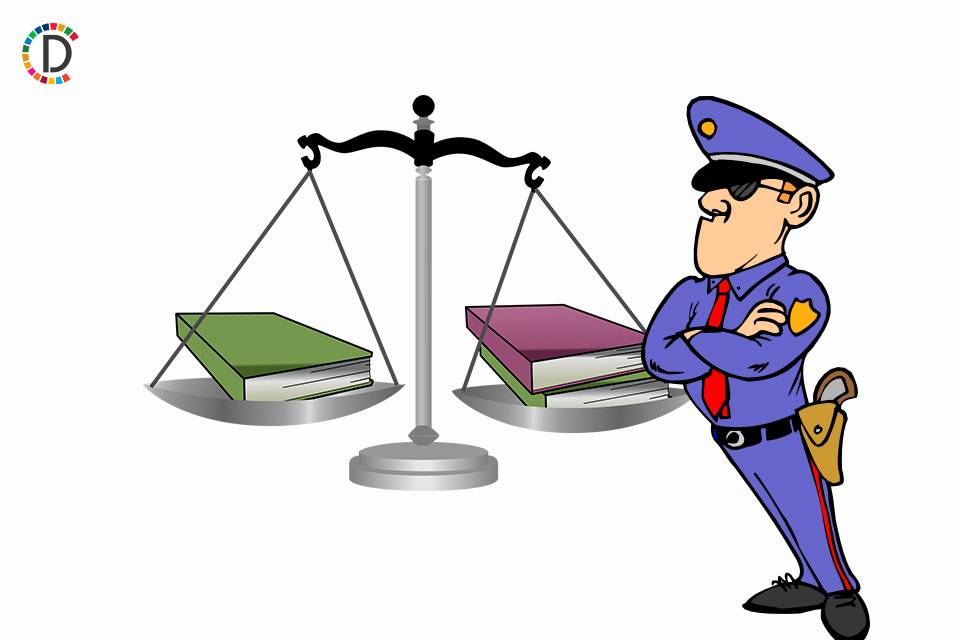Sudan's Islamist Movement Eyes Political Resurgence Amid Ongoing Conflict
Following Sudan's 2019 uprising, the previously toppled Islamist movement may back the military's extended rule, seeking to regain political power. Key figures, including Ahmed Haroun, aim to reestablish influence through elections post-conflict. The army's recent military gains have positioned the movement for a potential comeback.

Sudan's Islamist movement, ousted in the 2019 uprising, is exploring a political resurgence by supporting prolonged military rule. According to insiders, the group views future elections as a potential pathway back to power, following significant contributions to the army's conflict efforts against the RSF.
Ahmed Haroun, chairman of the former ruling National Congress Party, envisions the military retaining control post-war while civilians govern day-to-day operations. Despite international war crime accusations, Haroun advocates a political return through the ballot box, relying on the army's recent territorial advances.
The Islamist movement's revival, rooted in its significant role during Omar al-Bashir's leadership, complicates Sudan's pro-democracy journey and alarms regional players wary of political Islam. Critics argue it could jeopardize Sudan's international relationships, especially with the UAE, a key opponent of Islamist influence.
(With inputs from agencies.)
- READ MORE ON:
- Sudan
- Islamist movement
- Ahmed Haroun
- NCP
- army rule
- elections
- RFS
- Omar al-Bashir
- Darfour
- Middle East










